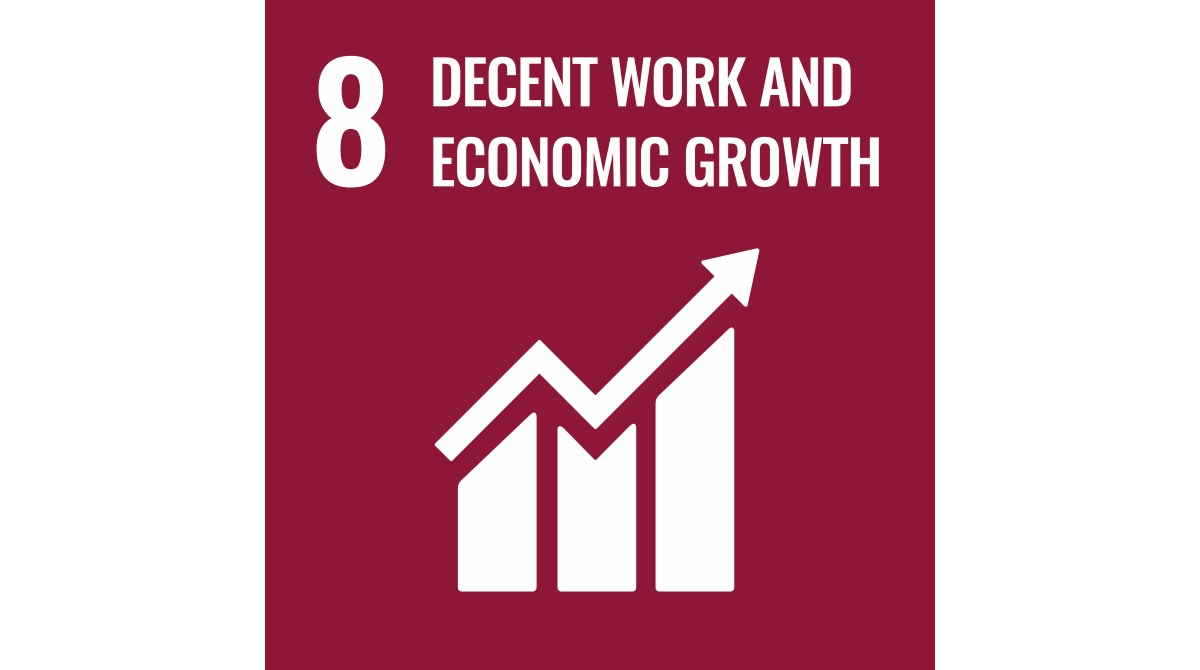Using a project to ensure the occupational safety of social welfare and health care workers in work tasks conducted in another person’s home
The SafeKoti project involves improving the occupational safety of social welfare and health care workers in work tasks conducted in a client’s home. The study produces information on factors related to the occupational safety of workers in the social and health sector, and on risk assessment and the management of occupational safety in work tasks carried out in a private person’s home. Another aim is to produce a range of validated tools and methods.
Tampere University’s research group for Safety Management and Engineering is involved in carrying out the project in close cooperation with the target organisations. The project will be completed between 1 February 2022 and 29 February 2024.
The SafeKoti project also contributes to the following SDGs: 3.
Read more about the SafeKoti project (in Finnish).
Project improves the safety and well-being of gig workers
A research project titled Sustainable Gig Work seeks to improve occupational safety, health and well-being among gig workers as well as within staffing agencies and SMEs that employ gig workers and thereby improve productivity and competitiveness. The project is a collaborative undertaking involving Tampere University, Metropolia University of Applied Sciences, the University of Oulu and Satakunta University of Applied Sciences. The project is funded by the European Social Fund (ESF).
The Sustainable Gig project also contributes to the following SDGs: 3, 10, 11.
Read more about the Sustainable Gig Project (in Finnish).
A research group that studies and develops safety management and engineering
The Safety Management and Engineering research group conducts research and development in close cooperation with companies, public organisations, authorities and other experts in the field to promote working life that is sustainable and respects human rights. The research group provides education on occupational safety, safety technology, safety management, environmental management and environmental safety, strengthening the expertise of students from the perspectives of social and environmental responsibility. The research group’s mission is to improve the safety and well-being of individuals, the environment and organisations.
The research group also contributes to the following SDGs: 3, 9.
Read more about the research group.
Research on responsible management at Tampere University
Tampere University’s RESPMAN research group studies the relationships between businesses, society and the environment from different perspectives, including responsible management, firm-stakeholder interaction, corporate responsibility and sustainable development. The research group has been operating since 2006 and is also responsible for the Master’s Degree Programme in Responsible Business.
The RESPMAN research group also contributes to the following SDGs: 4, 9, 11, 12, 13, 16, 17.
Read more about the RESPMAN research group.
Becoming a sustainability specialist through the Master’s Programme in Sustainable Business
The aim of the Master’s Degree Programme in Sustainable Business is to train sustainability specialists and informed decision-makers. Those who complete the programme gain a wide-ranging understanding about business and the related responsibility perspectives. The Master’s Programme covers sustainable development from all three viewpoints: ecological, social and financial. The Master’s Degree Programme in Sustainable Business is part of the Business Studies, and the programme annually produces 20 master’s theses.
The Master’s Programme in Sustainable Business also contributes to the following SDGs: 4, 11, 12, 13, 17.
Boosting sustainable entrepreneurship through online studies
The 24H Online library provided by HUBS comprises a variety of single-credit online courses in sustainable entrepreneurship. Students can use these flexibly to put together an enjoyable and purposeful module or select a single course only. The studies are available through the Moodle platform non-stop, which means that they can be completed anytime, anywhere – even during holidays. The courses are in English to ensure that they are also accessible to our international students. The themes for the current 12 courses are sustainable entrepreneurship (3 modules), modern sales and marketing (3 modules), future studies and foresight (3 modules), and entrepreneurial skills (3 modules).
The 24H Online library also contributes to the following SDGs: 9.
Educational video series on the link between project activities and sustainability
An informative educational video series was published in the autumn of 2022 on the link between project activities and sustainability. The series of videos can be used for teaching purposes in any field, for example. The videos are freely available to everyone in Finnish and English, and subtitles are available in both languages.
English versions of the videos.
Finnish versions of the videos.
The video series also contributes to the following SDGs: 1, 2, 7, 9, 11, 13.

